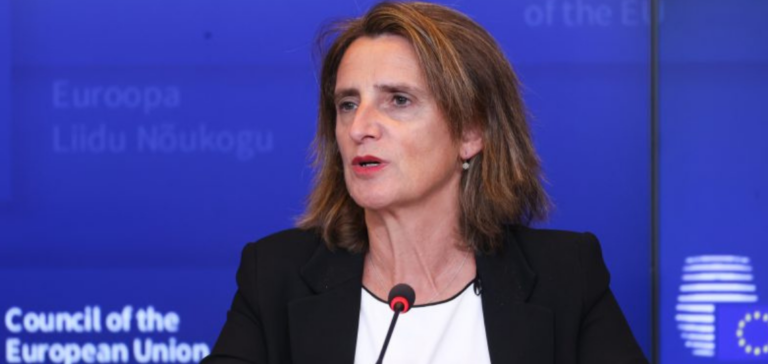The Council of the European Union and the European Parliament have reached a provisional political agreement on a regulation to monitor and reduce methane emissions in the energy sector. This historic agreement is the first EU law to limit emissions of methane, a powerful greenhouse gas.
The EU’s central role in the fight against climate change
According to Teresa Ribera, Spain’s Minister for Ecological Transition, this text represents a crucial contribution to climate action, as methane is the second most influential greenhouse gas after carbon dioxide. For this agreement to come into force, it must be formally approved and adopted by both institutions.
Measures and Obligations for the Fossil Fuel Sector
The new regulations require the fossil fuel sector to measure, monitor, report and verify their methane emissions, while taking steps to reduce them. These measures include detecting and repairing methane leaks, and limiting venting and flaring.
Global Monitoring and Transparency of Methane Emissions
The EU is setting up global monitoring tools to ensure transparency on methane emissions linked to oil, gas and coal imports. According to the International Energy Agency, the recovery and commercialization of methane leaks could have provided significant additional gas.
Economic and Environmental Impact of Methane Leaks
Environmental groups welcomed the agreement, noting that reducing methane emissions also contributes to energy security, particularly during Europe’s heating seasons.
Under the new regulations, operators will have to submit reports to the competent authorities, quantifying methane emissions at source at various intervals. The authorities will then carry out periodic inspections to verify operators’ compliance with the regulation’s requirements.
The agreement between the Council of the EU and the European Parliament marks a turning point in the fight against methane emissions, with significant implications for the energy sector and the global environment.






















